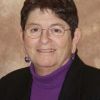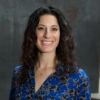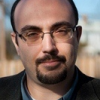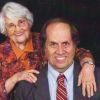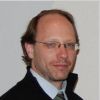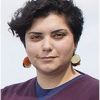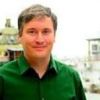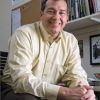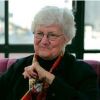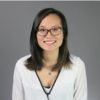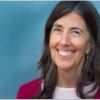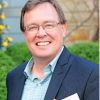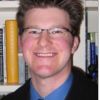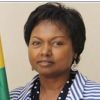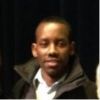Sonoma State University 2018 Holocaust and Genocide Lecture Series
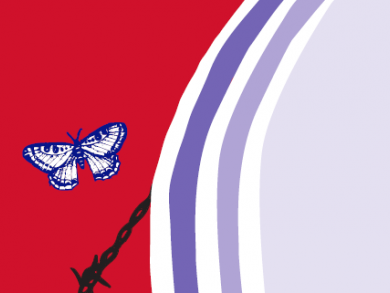
RESCUERS & SURVIVORS
Study the nature of hate: Prevent the escalation of prejudice into genocide
January 23: GENOCIDE, RESISTANCE AND RESCUE
Professor Emerita Myrna Goodman, Ph.D., Sonoma State University
January 30: PERPETRATORS ON THE PERIPHERY OF GENOCIDE: ITALIAN POLICE DURING THE HOLOCAUST
Alexis Herr, Ph.D., Saul Kagan Postdoctoral Fellow, United States Holocaust Memorial Museum
February 6: THE HOLOCAUST, HISTORICAL LEGACIES, AND LOCAL POLITICS
Professor Evgeny Finkel, Ph.D., George Washington University
February 13: LILLIAN JUDD: SURVIVOR AND ACTIVIST (film)
Dennis Judd, Holocaust descendant
February 20: A SURVIVOR’S STORY
Hans Angress, Holocaust survivor
February 27: RESCUERS AND SURVIVORS IN THE ISRAELI CONTEXT
Professor Ziv Rubinovitz, Ph.D., Israel Institute Teaching Fellow, Sonoma State University
MARCH 6: THE ARMENIAN GENOCIDE
Professor Sergio La Porta, Ph.D., CSU Fresno Armenian Studies Program
March 13: ARMENIAN GENOCIDE: LEGACIES OF SURVIVAL
Maral N. Attallah, Ph.D., Distinguished Lecturer, Humboldt State University
March 27: GENERATIONS OF MEMORY: VIOLENCE, ACTIVISM, AND MEMORY IN ARGENTINA
Prof. Kerry Whigham, Ph.D., Institute for the Study of Human Rights, Columbia University
April 3: BECOMING EVIL
Professor James Waller, Ph.D., Cohen Endowed Chair of Holocaust
and Genocide Studies, Keene State College
April 10: GENDER AND GENOCIDE
Professor Carol Rittner, RSM, Distinguished Professor Emerita,
Stockton University
April 17th: CAMBODIAN GENOCIDE
Julie Ea and Lucia Roncalli, M.D.
April 24: SYRIAN GENOCIDE
Professor David McCuan, Ph.D., Sonoma State University
May 1: AMERICAN GENOCIDE
Professor Benjamin Madley, Ph.D., UCLA
May 8: RWANDAN GENOCIDE
Her Excellency Mathilde Mukantabana, Rwandan Ambassador to the United States;
Simon Mudahogora, Rwandan Survivor; and Ndahiro Bazimya, Rwandan Genocide descendant
Click here for parking and map information
Please like our Facebook page at Alliance for the Study of the Holocaust and Genocide to receive information on each of the speakers in the series and Holocaust and Genocide related events in the community.
